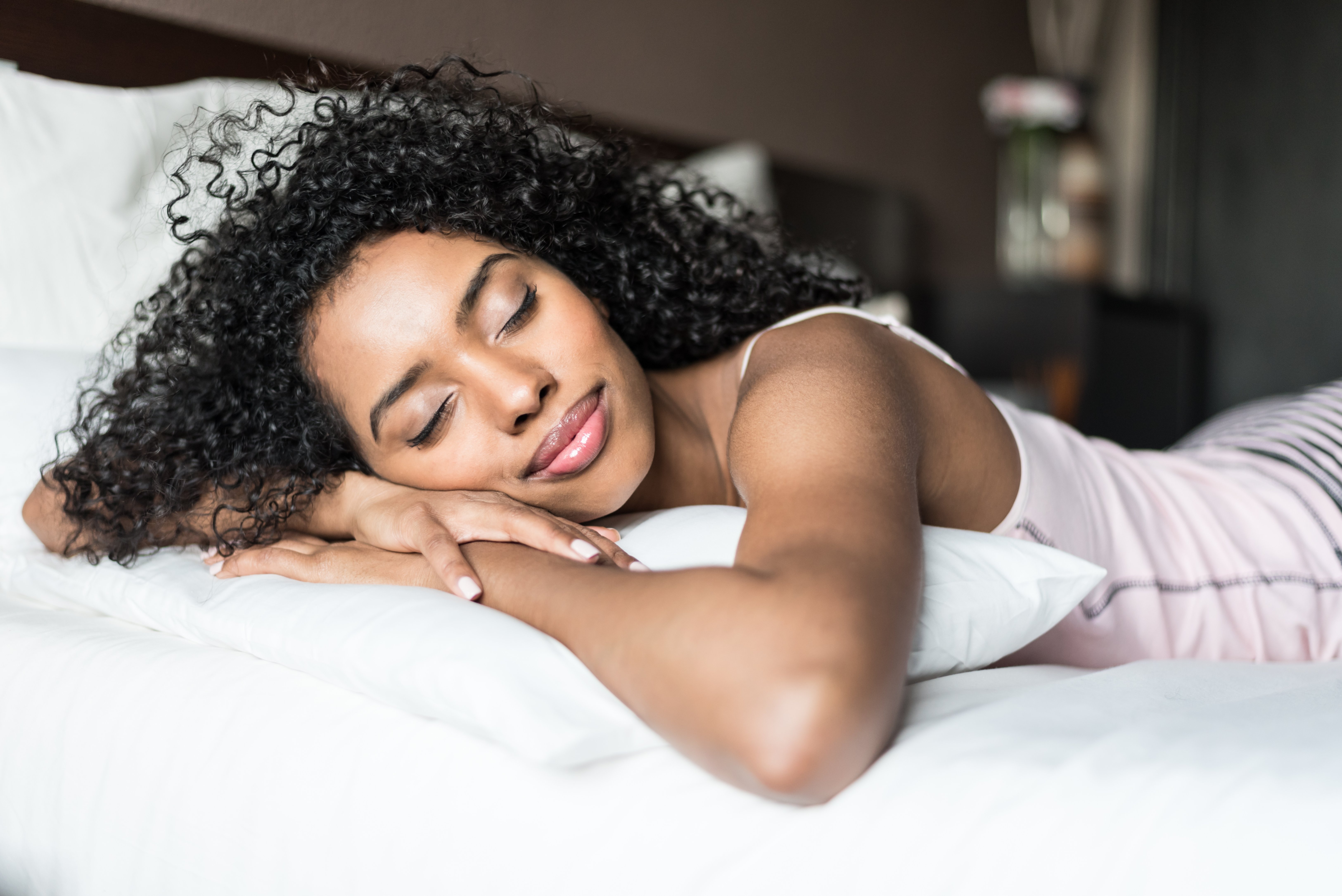How Does Sleep Impact Eye Health?

If someone has not had a good night’s sleep or has not been sleeping for a few days, you can quickly tell. They have puffy eyes, dark circles, and drooping eyelids, which are all easy signs to spot. However, sleep affects much more than your appearance; it also affects the health of your body, including your eyes.
Sleep Deprivation
Sleep deprivation leads to several health complications, some minor, others major. Sleep affects the brain and the eyes, each crucial to human operations and bodily functions.
A typical result of sleep deprivation is hallucinations, which are often very real to the people experiencing them. It can also lead to severe complications or conditions, especially when you do not get enough sleep for long periods of time.
Sleep and Eye Health
Reduced Eye Function
For vision to work, the eyes must work with the brain almost flawlessly. Besides affecting eye comfort, sleep also affects the eyes’ ability to function correctly. In the short term, it can lead to:
Itchiness
Eye twitches
Dry eye
Blurred vision
Dark eye circles
In the long term, it can lead to severe eye conditions.
- Myopia
Myopia affects over 34% of people around the world, and the numbers are expected to grow significantly. The condition typically develops before a child turns 10, and any chance at slowing down the progression can only work during this period. So, what does myopia have to do with sleep?
Scientists have found that sleep deprivation is especially dangerous to the eye health of young people. They came to this conclusion after running a study that found 12- to 19-year-olds who slept less than five hours every night were highly predisposed to developing myopia.
More specifically, they had a 41% higher chance of acquiring the condition than those who slept more than nine hours. While it was not identified as the cause, it was correlated with the development of the disease.
- Glaucoma
Like myopia, scientists cannot definitively say that sleeping fewer hours causes glaucoma, but they know there is a connection. In one study, sleep apnea was identified as a risk factor for the onset of glaucoma.
Another study involved a large group of people over 40 who had glaucoma. They found that those who slept more than ten hours or less than three hours were three times more likely to have optic nerve damage. Those who slept an average of seven hours were much less likely to have optic nerve damage.
- Diabetic Eye Issues
Diabetes is a condition that complicates multiple systems and structures in the body, including the eyes. When unmanaged, it leads to diabetic retinopathy, which damages the blood vessels in the eye and sometimes causes vision loss.
Scientists found an association between diabetic retinopathy and sleep duration. People who exceeded six to eight hours of sleep on either side of the duration had a higher risk of developing the condition.
They found this to be the sweet spot—six to seven hours for people with vision-threatening retinopathy. Men with diabetes had a higher risk of developing retinopathy by extending or shortening their sleep duration.
For more on how sleep impacts eye health, visit Lifetime Vision and Eye Care at our office in Miami Gardens, Florida. Call (305) 902-3320 to book an appointment today.








